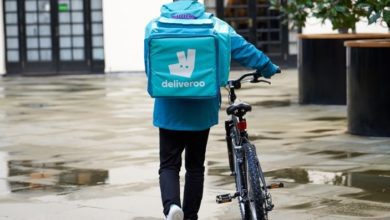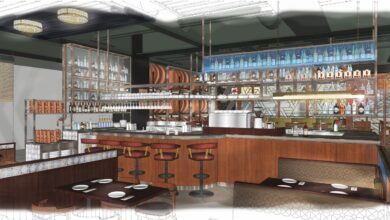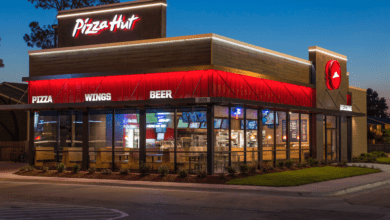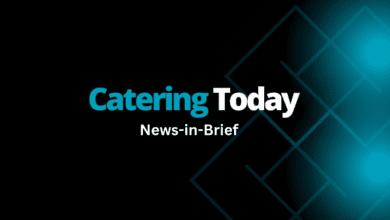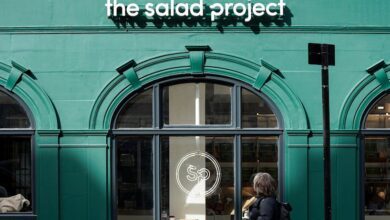The four post-lockdown personas – and how to cater to each one

If the UK hospitality sector has demonstrated any collective characteristic during this turbulent year, it is resilience. In responding to new restrictions while adapting to ever-changing government guidelines, operators across the country have demonstrated their ability to accommodate guests and create exceptional hospitality experiences, despite the challenges of a pandemic.


